Sulzer shows how to avoid Russian sanctions
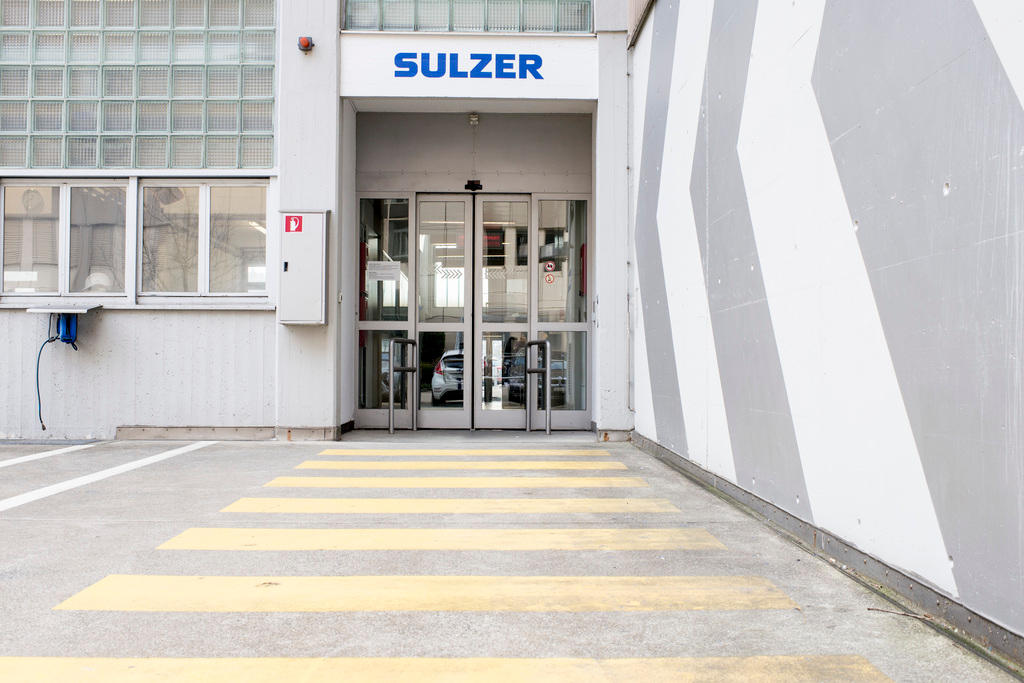
When the US announced tough new sanctions against Russia this month, Swiss industrial group Sulzer received no official warning of what could have been a disaster for the company.
“The first clue you have that things are going to be complicated is your bank calls you up and says: ‘Look, we’re going to have to stop working with you’,” said Greg Poux-Guillaume, chief executive of the company. “It was pretty clear that we were going to be frozen out of all the banks’ US dollar business, across the board.”

More
Financial Times
External linkSulzer is not alone — since the US measures were imposed a fortnight ago, global lawyers have been scrambling to work out how many other companies could be affected through shareholdings, loans, investments or trading relationships.
Commodity traders such as Glencore and Rio Tinto have cancelled contracts with affected companies, and banks have cut ties, while the Russian state is considering nationalisations to help those most affected. But for international companies concerned about being dragged into the sanctions net, Sulzer’s experience also offers a way out.
The Swiss company, which makes pumps and compressors, fell under the sanctions net because it was more than 50 per cent owned by the Renova Group of Viktor Vekselberg, one of seven Russian oligarchs banned from the US financial system.
But Sulzer was saved, Mr Poux-Guillaume said, thanks to the quick response of officials at the Office of Foreign Assets Control, the US Treasury department that enforces sanctions.
The tougher regime was announced on a Friday and Sulzer spent the weekend negotiating with Renova to bring its investor’s shareholding below the 50 per cent threshold. A deal was finally agreed late on the Sunday evening, in time for an announcement before markets opened on the Monday.
After the official silence, Sulzer was soon interacting with Ofac. Two days later, the transaction had won US official approval.
“It was very clear from the interactions that we had with them [Ofac officials] that we were not the intended target. They did their job in the way that they had to, but what they were sensitive to was that speed was of the essence for us,” says Mr Poux-Guillaume.
“I don’t know of any [other] country where you can get Treasury approval for something like this in two and a half days.”
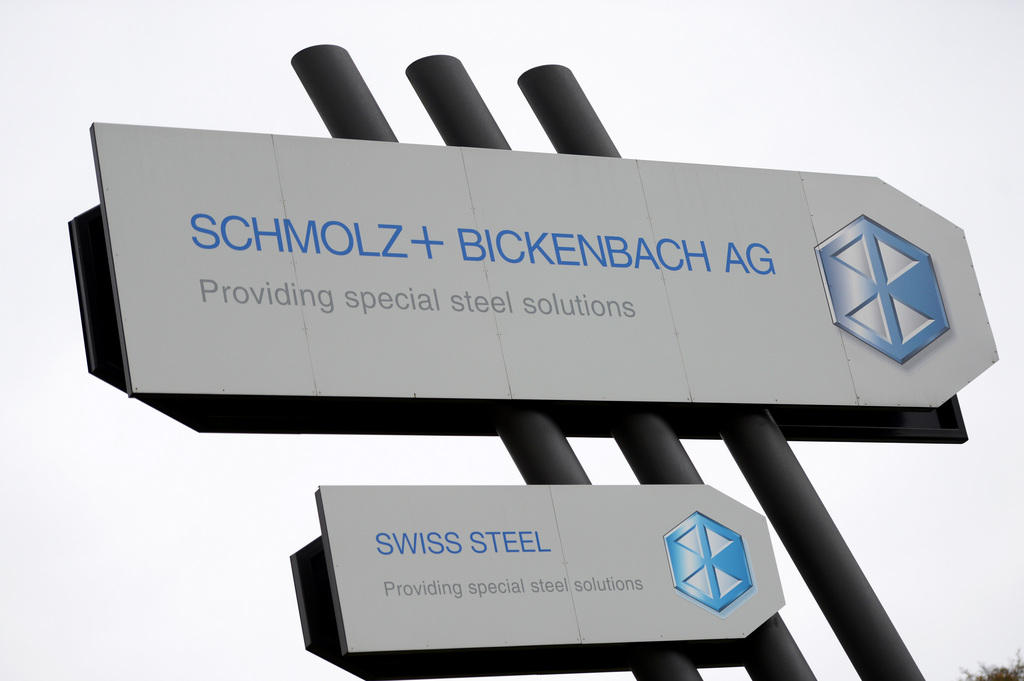
More
Swiss steel company reduces ties to Vekselberg
‘Issue-driven remedies’
Tolo Alamutu, a director at risk analysis firm Exotix Capital, said Sulzer’s example showed that “issuer-driven remedies are sometimes possible” to avoid the knock-on effects of the sanctions.
“Similar remedies clearly are not available to all companies impacted by sanctions,” Ms Alamutu said in a note to clients, adding that it also offered opportunities for sanctioned companies to buy up more of their own shares.
Under the deal, Sulzer bought 5m of its own shares for SFr546m from Renova. It also secured agreement that Renova would bear the cost if those shares were later sold at a lower price. What is more, Renova provided undertakings that it would reduce its voting rights if its continuing influence remained an issue, said Mr Poux-Guillaume.
To satisfy Ofac, Sulzer has also suspended payments to Renova — including for the shares it bought and a SFr76m dividend payment due last Tuesday. Until sanctions are lifted, the dividend monies retained would serve as “cheap funding for Sulzer” Mr Poux-Guillaume said.
In the meantime, Renova is unlikely to be able to reduce its shareholding in Sulzer further, as banks would almost certainly refuse to handle the transaction while US sanctions were in place.
The agreement was “painful” for Renova, said Mr Poux-Guillaume, but “they were pragmatic enough to understand they didn’t really have too many other options, unless we wanted to inflict long-term harm on Sulzer.”
Minimal effects
The Swiss company last week said the financial impact on its business, representing the costs of legal work and lost activity, would be CHF10 million ($10.25 million) at most. Moreover, the arrangements agreed with Ofac mean the company is, in effect, protected against further sanctions effects, Mr Poux-Guillaume believes.
“We’re the company you should be least worried about in terms of sanctions,” he said, “because we have a system for buying shares from Renova that has been approved already by Ofac, and which has been used already — and we could use again.”
However, he is not sure whether Sulzer’s actions offer a “blueprint” for other companies threatened by US sanctions. What matters is meeting the Ofac requirements — and obtaining its blessing.
Sulzer became exposed because its shares were publicly traded — and it could not choose its shareholders. Renova was a “good” shareholder that had been invested for 10 years. Nevertheless, Mr Poux-Guillaume said, “you have to know who your large shareholders are and you have to be cognisant of any risk that could be linked to geopolitical situations.”
Copyright The Financial Times Limited 2018

In compliance with the JTI standards
More: SWI swissinfo.ch certified by the Journalism Trust Initiative
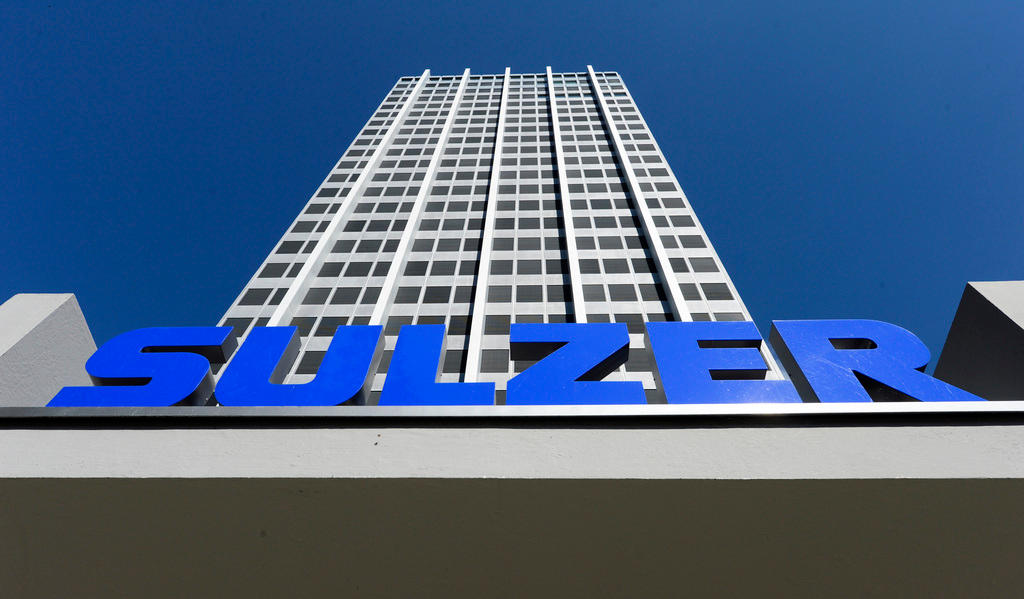
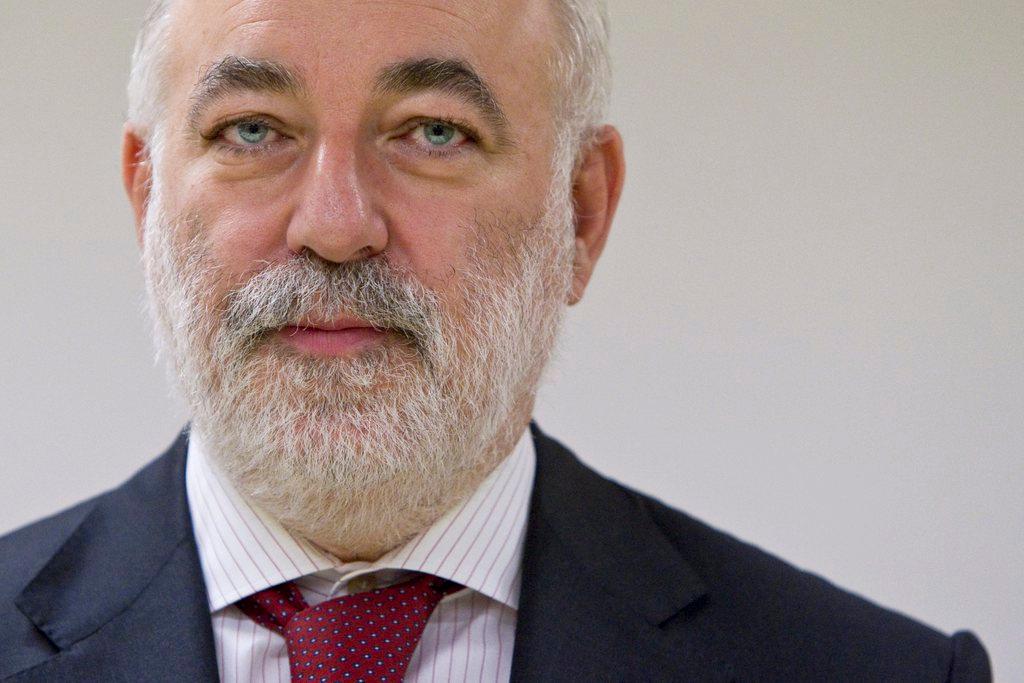
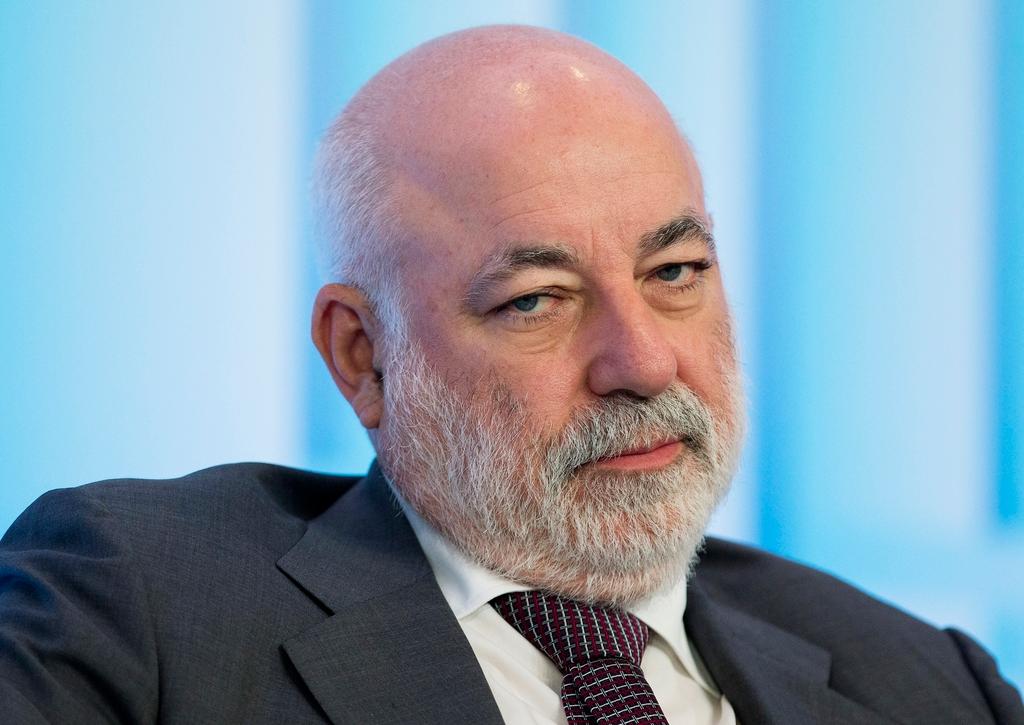
You can find an overview of ongoing debates with our journalists here. Please join us!
If you want to start a conversation about a topic raised in this article or want to report factual errors, email us at english@swissinfo.ch.